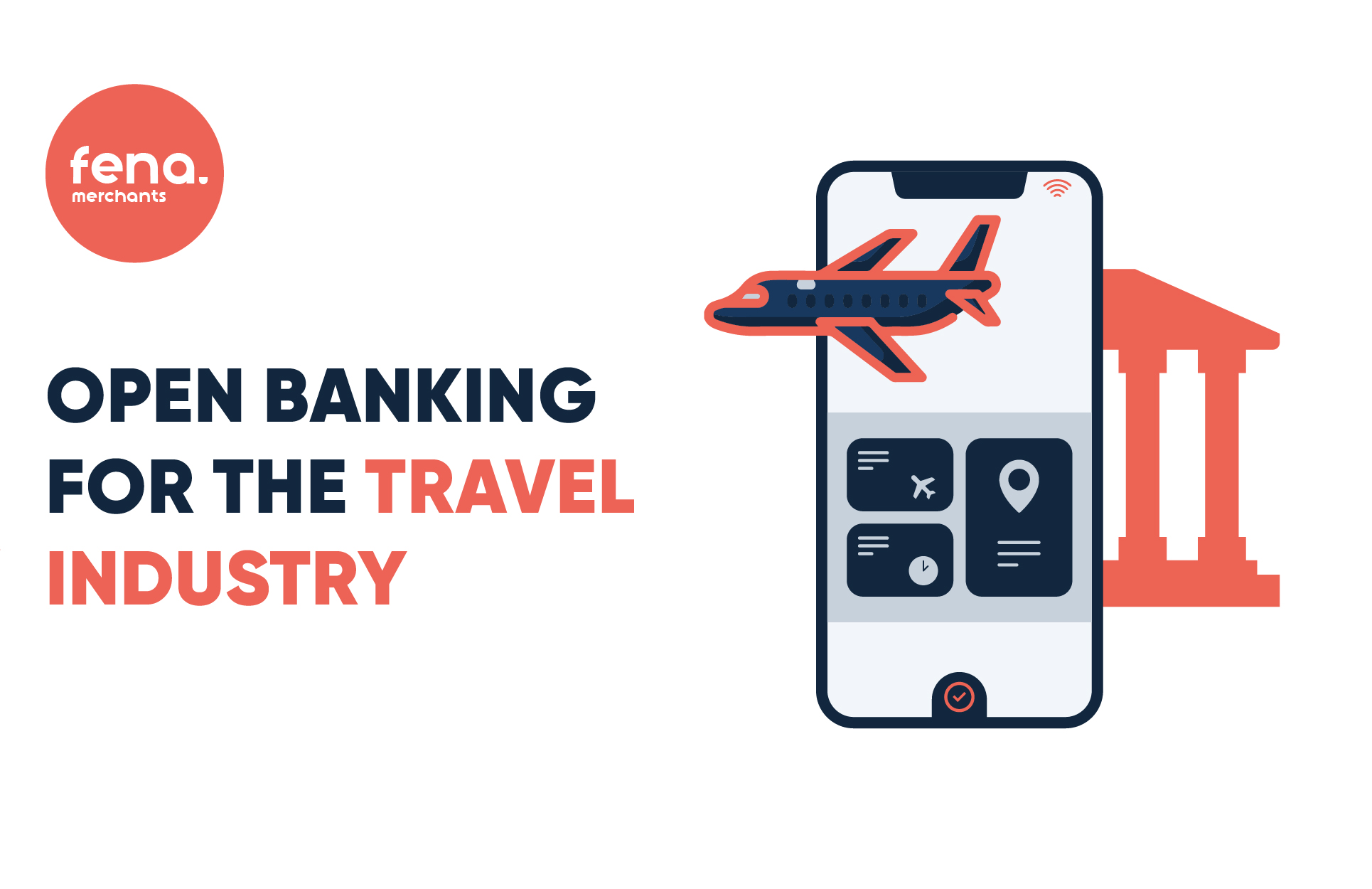How to Minimise Chargebacks in the Travel Industry
by Gosia Furmanik on February 15, 2022

In the travel industry, chargebacks aren’t uncommon, and can be detrimental to a business when it starts to impact revenue. A chargeback, unlike a refund, occurs when a customer requests their funds to be returned to them by filing a claim with their issuing bank or credit card company. Since the claim is not filed with the business directly, but rather a third party reviews the claim, it is for the merchant to try and prove that the chargeback request was fraudulent or that there are no grounds for the customer to make such a claim. Before a merchant can try to combat or prevent chargebacks from occurring, it’s important to understand the different reasons a customer may request one.
Common reasons for a chargeback in the travel industry:
The customer’s card was charged twice e.g. a processing error
Fraudulent transactions e.g. if somebody has acquired a copy of your card details
The customer doesn’t recognise the charge made on their account e.g. forgetting the transaction was made
The customer wants to avoid paying for the service because they were dissatisfied with the service provided.
The customer disputes paying for a cancellation or no show/fee
Having outlined the common reasons, let’s explore how your business can combat this through open banking.
How to prevent chargebacks in the travel industry
An effective way of minimising chargebacks is to encourage your customers to opt for an alternative payment method that will minimise or eliminate chargebacks. Open banking payments might be the perfect solution for this.
Open banking is the result of new regulations in the UK and Europe designed to increase innovation and increase competition within the banking and payments space. Banks must provide free APIs (Application Programming Interfaces) to regulated third parties. These APIs allow these Trusted Third Parties (TTPs) to initiate payments on behalf of customers, and to securely access and exchange data.
By adding open banking payments to the checkout page, travel companies can offer an alternative to card payments for their customers. To encourage consumers to opt for this payment method, they could offer automatically applied discounts for open banking payments (fena offers this as a feature!). This would not only save tons of money on chargeback fees, but can also increase basket size.
As referenced earlier, a common reason for chargebacks is customers to recognising a transaction. Often, this is due the merchant’s business name not being included as part of the reference, sometimes with the payment processor’s name displaying instead. This is easily resolved with Open Banking. All payments initiated through fena will display the business name on the customer’s bank account statement, avoiding any confusion.
Where chargebacks occurs because the customer doesn’t recognise the transaction e.g. because the merchant name isn’t included in the reference on the customer’s bank statement,
Part of the reason some chargebacks occur is that customers don’t recognise the transaction because often card payment processors don’t display merchants’ business name. Customers’ bank statements often just display the name of the payment processing company. That is why we recommend using fena, as an open banking service provider. All payments initiated via fena open banking transfers will have an ability to display your business bank account name as an item on your customer’s bank account statement. This will help avoid any confusion from the customer side.
Plus with fena you can quickly, easily integrate our open banking solutions into your existing software using our SDKs and APIs to hedge your business from chargebacks and protect your revenue.